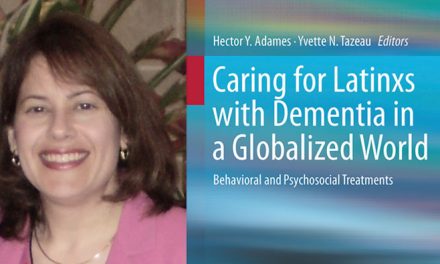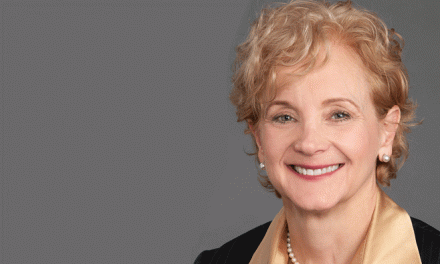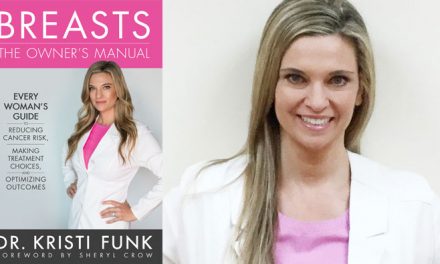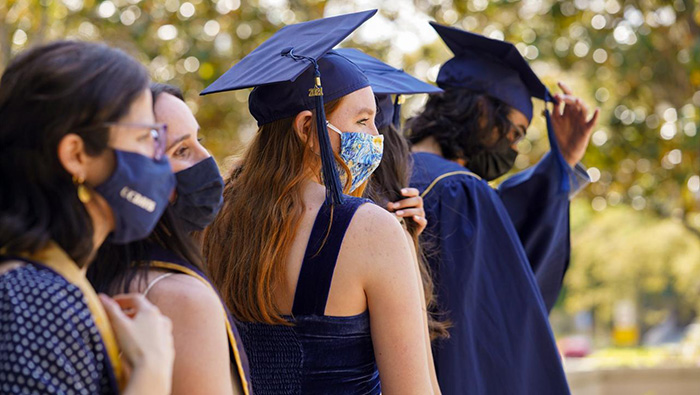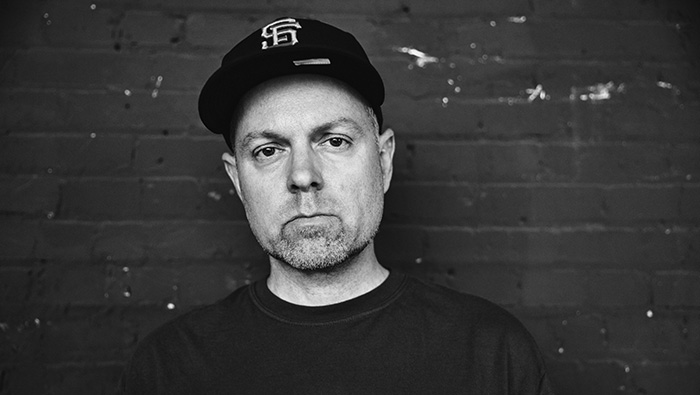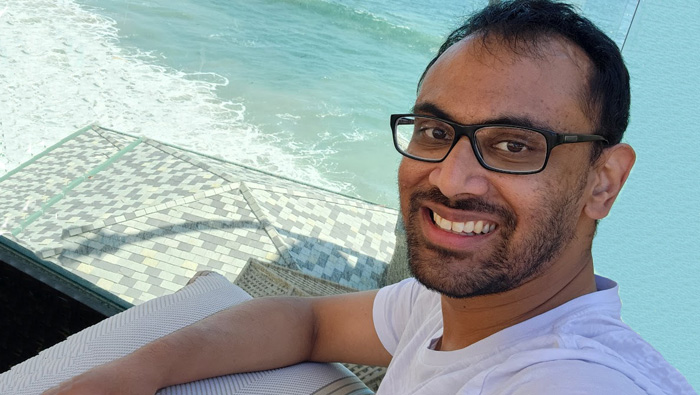
Finding Relief
Moksha Patel ’12 made a life-changing decision after forging some valuable connections at work.
Patel, a physician at University of Colorado Health, has suffered from obsessive-compulsive disorder for most of his life. His OCD was extreme, manifesting in repetitive thoughts about germs and illogical rituals to cleanse himself. And though he had overcome a lot and is very high functioning in his career, therapy and drugs had not managed to relieve his OCD.
When his supervisor connected him with the campus’ OCD Program, another potential solution was proposed: deep brain stimulation.
“I was struggling so much, that at that point, you could have offered me anything and I was willing to take it because I just needed hope for relief,” Patel said. “During that year, it wasn’t sustainable anymore. I had been doing it for 25 years.”
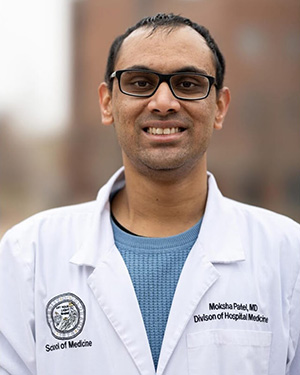
Courtesy of Moksha Patel
Taking a chance
Deep brain stimulation was first used to control tremors in the patients of Parkinson’s disease in the late 1980s. More recently, doctors have learned that it could benefit those with OCD.
According to University of Colorado, Anschutz Medical Campus, fewer than 300 patients around the world have had deep brain stimulation therapy for OCD. At University of Colorado Health, Patel was patient number eight.
Patel is now a little more than a year out from his surgery.
During the procedure, electrodes are implanted in the deeper structures of the brain and connected to generators in the chest that deliver small currents of electricity to the brain, similar to cardiac pacemakers. When the procedure is successful, the low current of ongoing stimulation reduces the intensity and frequency of obsessions and compulsions.
“It’s not a cure. I still struggle with OCD daily, depression daily,” Patel said. “My OCD scale when from obsessive severe to moderate. So someone would look at it and say I still do a lot of obsessive-compulsive stuff. But for me, it’s the space it’s created in my brain.”
A highly functional example
Patel was born and raised in Sacramento. Symptoms of OCD started when he was 4 or 5 years old, and depression began in middle school.
UC Davis offered an opportunity to attend a good school and stay close to home, he said.
“I couldn’t really share bathrooms with anyone,” Patel shared. “I stayed at home all four years [of college] and commuted. I would literally wake up, use the restroom, shower, drive over to UC Davis for morning classes, come back, use the restroom, shower, and go back for evening class.”
He chose psychology as a major to better understand the brain — and perhaps gain some self-understanding. In medical school, he switched his focus to internal medicine.
In school — and now in his career — Patel has been very successful. When asked how he managed, he said that time was very difficult.
“It was not a smooth journey by any stretch. It was a very bumpy road,” he said. “It was a lot of compartmentalization. When you are at work, you work. Those obsessions came, but I would think about doing my rituals at home. And then just sleep as much as I could to get away from my brain and start over.”
So now he is enjoying a little relief — and speaking candidly about his experience. He recently spoke about his story for a lecture called “Transforming Healthcare 2022: New Frontiers in Mental Health Treatment.” He said he would like to help people better understand the disorder.
Currently, he is balancing his work as a physician and assistant professor with pursuing an M.B.A. to focus on hospital administration and leadership.
“I feel reborn,” he said. “I describe it like my whole house was on fire, now a quarter of it is on fire and the rest has been rebuilt. Having lived with that torment for so many years, it feels so refreshing and just amazing.”

